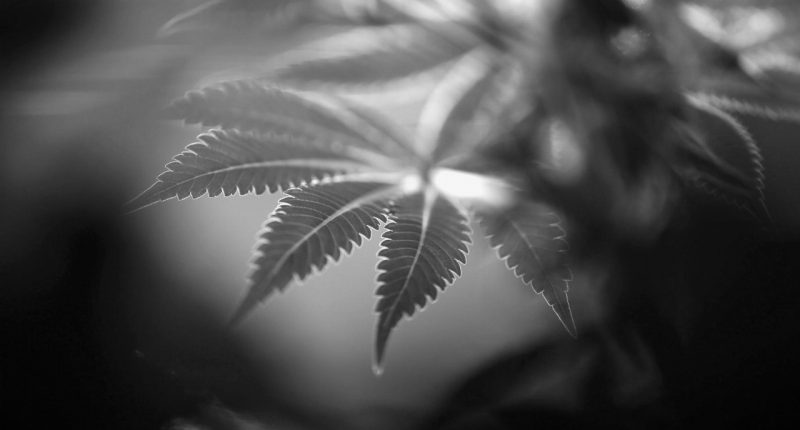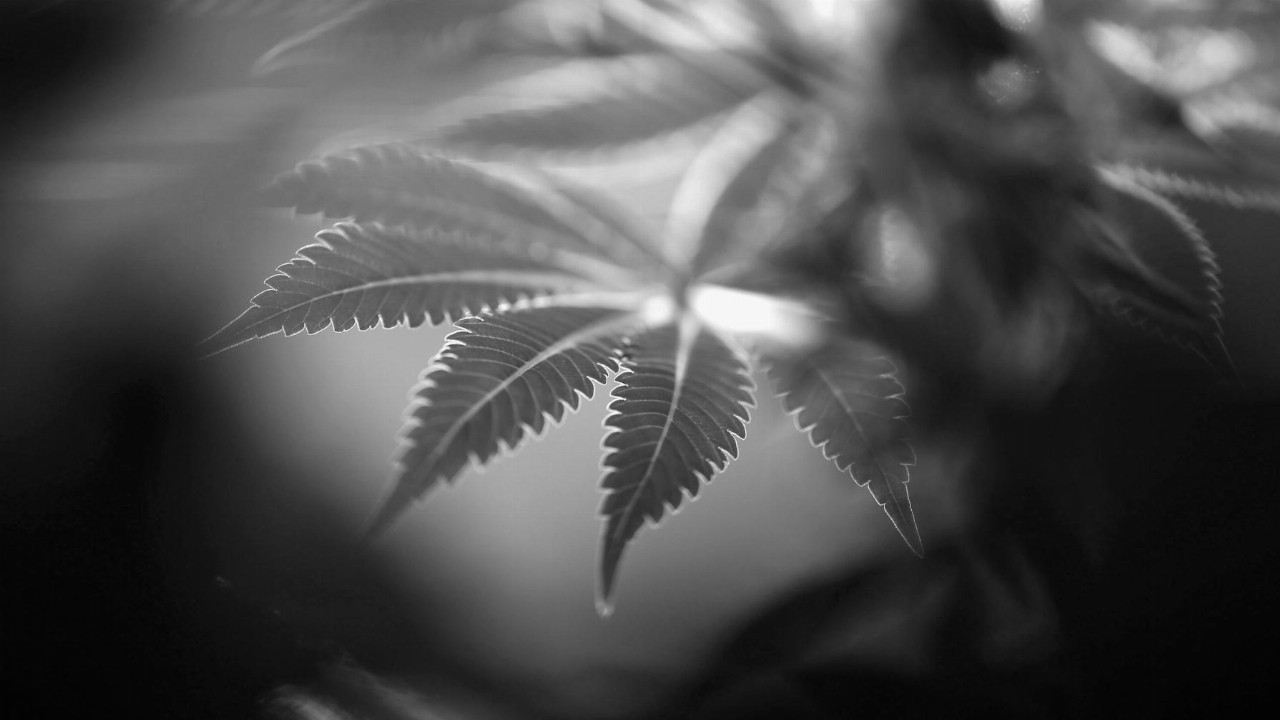With the recent, ultimately unfounded flap about a “red wave” in the US midterm elections, you may have missed one of the more interesting groups of lesser ballot measures. In Arkansas, Maryland, Missouri, North Dakota, and South Dakota, voters were asked whether recreational marijuana should be legalised (medical marijuana is already allowed for in each of these states). Coloradoans, meanwhile, could determine the legal status of five psychedelic compounds, including psilocybin, DMT, and ibogaine, which are increasingly being used in combination with psychotherapy to treat mental disorders including depression and addiction. As with the midterms themselves, the results were mixed — neither a repudiation of the global trend of drug liberalisation, nor a tie-dyed embracement of so-called “plant medicines”.
In North and South Dakota, as well as Arkansas — yes, home state of Bill “Didn’t Inhale” Clinton — voters rejected proposals to legalise recreational marijuana. In Maryland and Missouri, liberalisation won resounding victories, earning these jurisdictions places among the 21 US states — plus Washington, D.C. — in which recreational marijuana is now legal. In Colorado, Proposition 122 passed with 52.9 per cent of the vote, making it the first US state to clear a path for licensed “healing centres” to administer psychedelics to people over 21.
We live, I think it’s fair to say, in the last days of the “war on drugs”. While the ballot measures précised above don’t indicate the advanced economies are moving en masse towards drug liberalisation, they do suggest our laws are starting to catch up with a softening — or should that be rationalising? — public sentiment towards at least some drugs. With even significant numbers of police decrying its futility and waste, the writing is on the wall for drug prohibition, surely one of the 20th and now 21st centuries’ greatest moral and political failures.
In Australia too the winds of change are blowing. Last month, the ACT government became the first Australian jurisdiction to pass laws — the Drugs of Dependence (Personal Use) Amendment Act 2022, which comes into effect in October next year — which decriminalise small amounts of illicit drugs including the stimulants amphetamine, methamphetamine, and cocaine, the psychedelics psilocybin and LSD, and the opioid heroin (cannabis is also included but sits under its own subsection, possibly because the ACT, in an Australian first, legalised it for personal use back in January 2020). Under the Act, someone caught in possession of a non-trafficable quantity of one of ten decriminalised drugs will receive a “simple drug offence” notice resulting in a $100 civil fine, which can be avoided by attending an approved diversion program. No conviction will be recorded, the offending substance destined for the AFP’s esurient furnaces (in 2021 alone they burned $5.2 billion worth of illicit drugs).
No doubt the Act is progress of a kind. Under the old, more punitive regime, nonviolent drug users could have their lives pointlessly derailed by a stint of up to two years in prison, and a criminal conviction capable of rendering them unemployable. Nevertheless, questions about the Act remain, not the least of which is what constitutes a “small quantity”. The distinction drawn between personal and trafficable amounts of what the Act separates into either “drugs of dependence” or “prohibited substances” is, frankly, pretty spurious. As anyone who has enlivened an otherwise dreary social occasion with the aid of a powdery baggy and a credit card will know, 1.5g of cocaine is . . . not a lot. Nor is 1.5g of mushrooms. If this allowed-for amount includes, as seems the intention, the weight of the dried mushrooms and not their psilocybin content alone, that’s well below what most people would consider a standard dose (more like three to four grams of dried mushrooms, and perhaps ten times as much if fresh).
While possessing a sub-threshold dose of mushrooms could still, under the Act, land you in gaol for six months, so too could being found with three or more substances depending on the amounts. It’s complicated, but you get the point: these new laws, while half a step in the right direction, map on poorly to the real world, a fact that undermines the ACT government’s claim that the changes — called for by, among others, people with lived experience of drug use — are focused on harm reduction.
Leaving aside the question of why certain substances weren’t included at all — the increasingly popular dissociative ketamine for one — a further problem with the Act is its potential (mis)application. Given that the Act specifies a police officer can serve a notice on “reasonable grounds” that a drug offence has been committed, it isn’t hard to imagine that minorities, historically the focus of drug laws often designed to suppress the other rather than drug use itself, will be disproportionately targeted. In this sense, the Act would seem to continue rather than transcend old drug war prejudices, most likely punishing only the most visible manifestations of drug use — by the unhoused, for example — while leaving untouched those whose privilege allows for its concealment. As Tim Hollo notes in his new book Living Democracy, “alcohol and drugs that are treated as recreational for wealthy white people are violently policed for Aboriginal people (as well as for many poorer settler colonials, immigrants and refugees), being a leading cause of arrest, incarceration and horrifically frequently death for Indigenous people, as for African Americans”.
Given what’s at stake, then, it’s worth asking what else the ACT drug law reforms might have looked like. Hollo is a Greens candidate for Canberra and no doubt welcomed the changes in his home territory, but the federal iteration of his party has a far more ambitious and progressive plan on the table, at least as far as cannabis is concerned: full, national legalisation not dissimilar to a recently announced German proposal to legalise cannabis for recreational use.
Under the Greens’ plan, which was launched in September, the Commonwealth would regulate the cultivation, licensing, and sale of cannabis, creating a legal national market that, as well as rendering the relevant state laws null and void, would be worth around $15 billion annually according to one analysis. While the details remain vague (under the German proposal, it would be legal for adults to purchase and possess up to 30g of cannabis for recreational use, and to grow up to three plants), it’s clear what the benefits of cannabis legalisation in Australia would be, from increasing revenue for schools and hospitals to depriving organised crime gangs of a key source of income. Law enforcement resources could be directed more fruitfully elsewhere, and consumers could have confidence, unlike in the current black market, in the purity of the cannabis they buy, just as they do with alcohol now.
The proportion of Australians who support the legalisation of recreational marijuana has, according to the 2021 National Drug Strategy Household Survey, nearly doubled since 2013 to around 40 per cent. Other, more recent polls I’ve seen suggest half of Australians are on board. It’s not a sure thing — the 2020 New Zealand cannabis referendum failed by the narrowest of margins — but there is obviously a significant appetite for change.
“Legalisation, whatever its impact,” wrote Robert Sabbag in an essay for this publication, “is coming whether we like it or not.” Conservative politicians and their tabloid media backers can only stand in the way for so long, and their resolve will be tested over the coming years by, if nothing else, drug legalisation’s increasingly solid business case. I don’t think liberalisation should be confined to cannabis, but given it’s the soft underbelly of currently illicit drugs we could do worse than starting there. The sky, after all, does not appear to have fallen in over the ACT.
Ben Brooker is a writer and critic based in Naarm (Melbourne), Australia. He is working on his first book, a cultural history of psychedelics in Australia.





